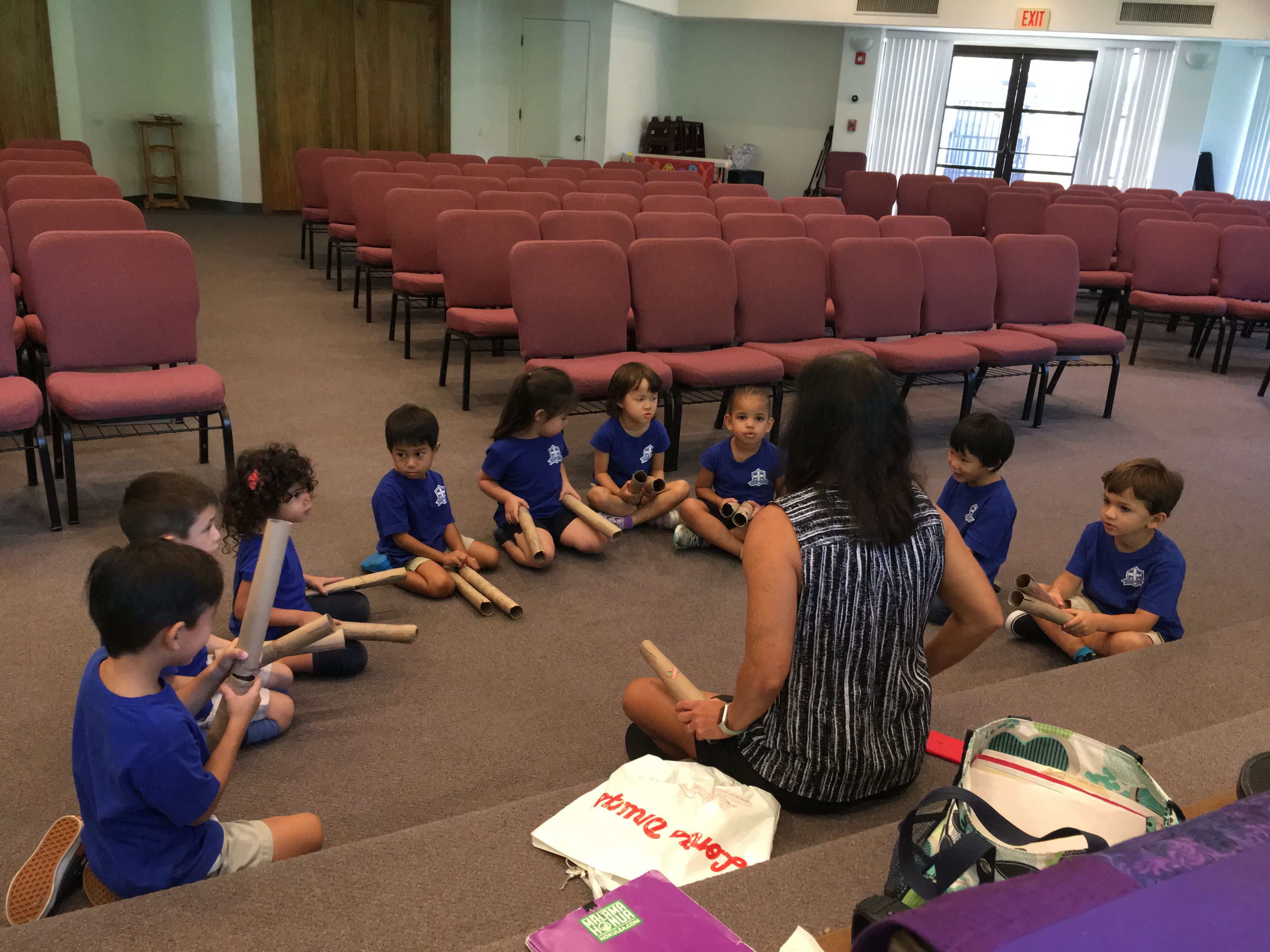Finding the Difference between the IB Program and Classical Christian Education: Part 4
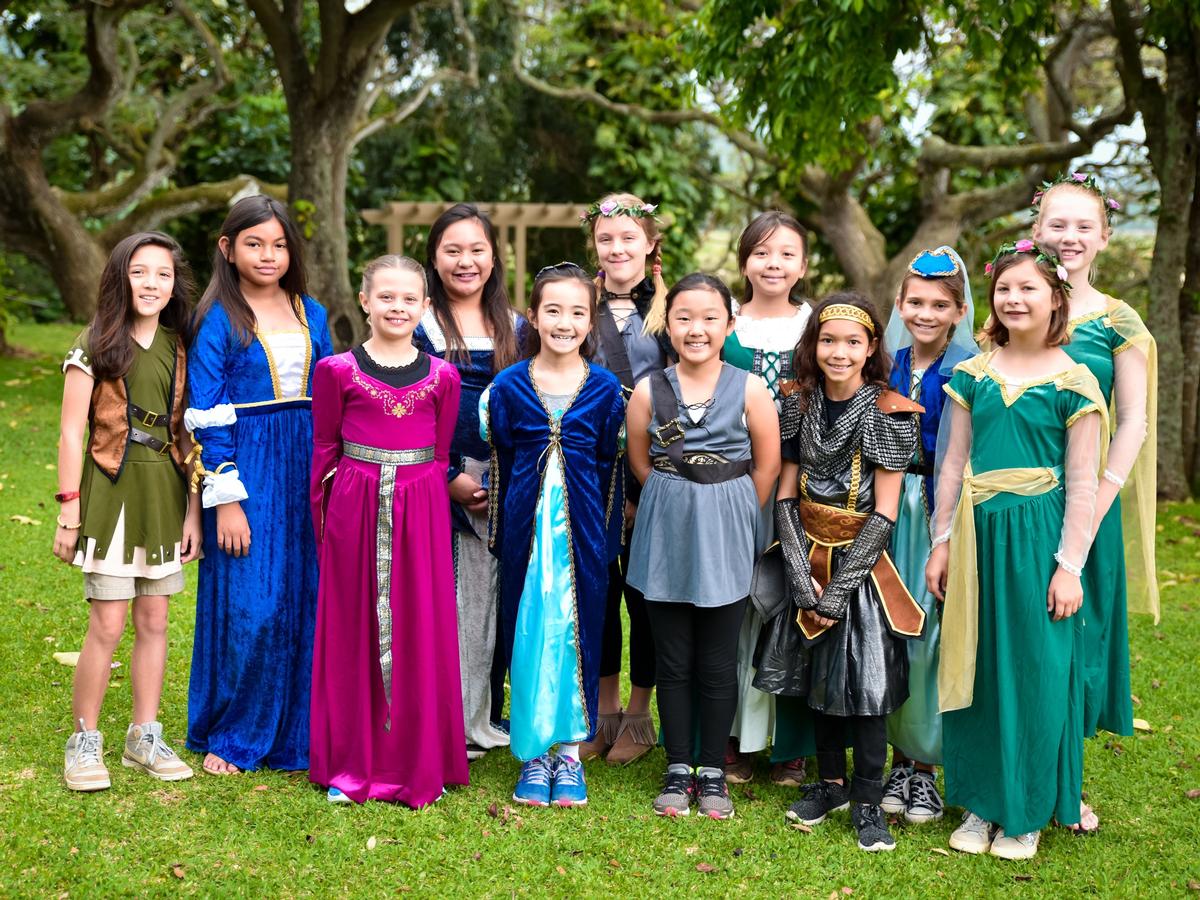
Finding the Difference Part 4: On the Classics & the Gospel
Written by Mark Brians, 7th & 10th Grade Humanities Teacher
(This is the final installation in a series of four essays, click here for part one, and here and here, for parts two, and three, respectively).
Where do we find our definitions?
In his masterful work on virtue, philosopher Alasdair McIntyre has explained how we “can only answer the question ‘What am I to do?’ if I can answer the prior question ‘Of what story or stories do I find myself a part?’”
In much of this discussion about the major differences which distinguish the classical Christian tradition from other modes of education (the IB Program in particular), we have highlighted how these differences come from differences of definition: what it means to be human, what the purpose of education is, and how to measure excellence. These definitions are, in some sense, like answers to the question above, “what am I to do?” The answers and definitions furnished by classical Christian pedagogy, which we have discussed, are born from a prior answer to a more fundamental question, “of what story or stories are we a part?”
To this question we offer a simple answer: we are a part of the Gospel story —God’s story. But God’s story is a large one, including within it, many smaller stories. In being a part of the Gospel story, we find ourselves inextricably inheritors of another story, the classical one (hence the term for our pedagogy, “classical Christian education”). In this final essay, we will examine what exactly we mean by this, and why this matters for school life.
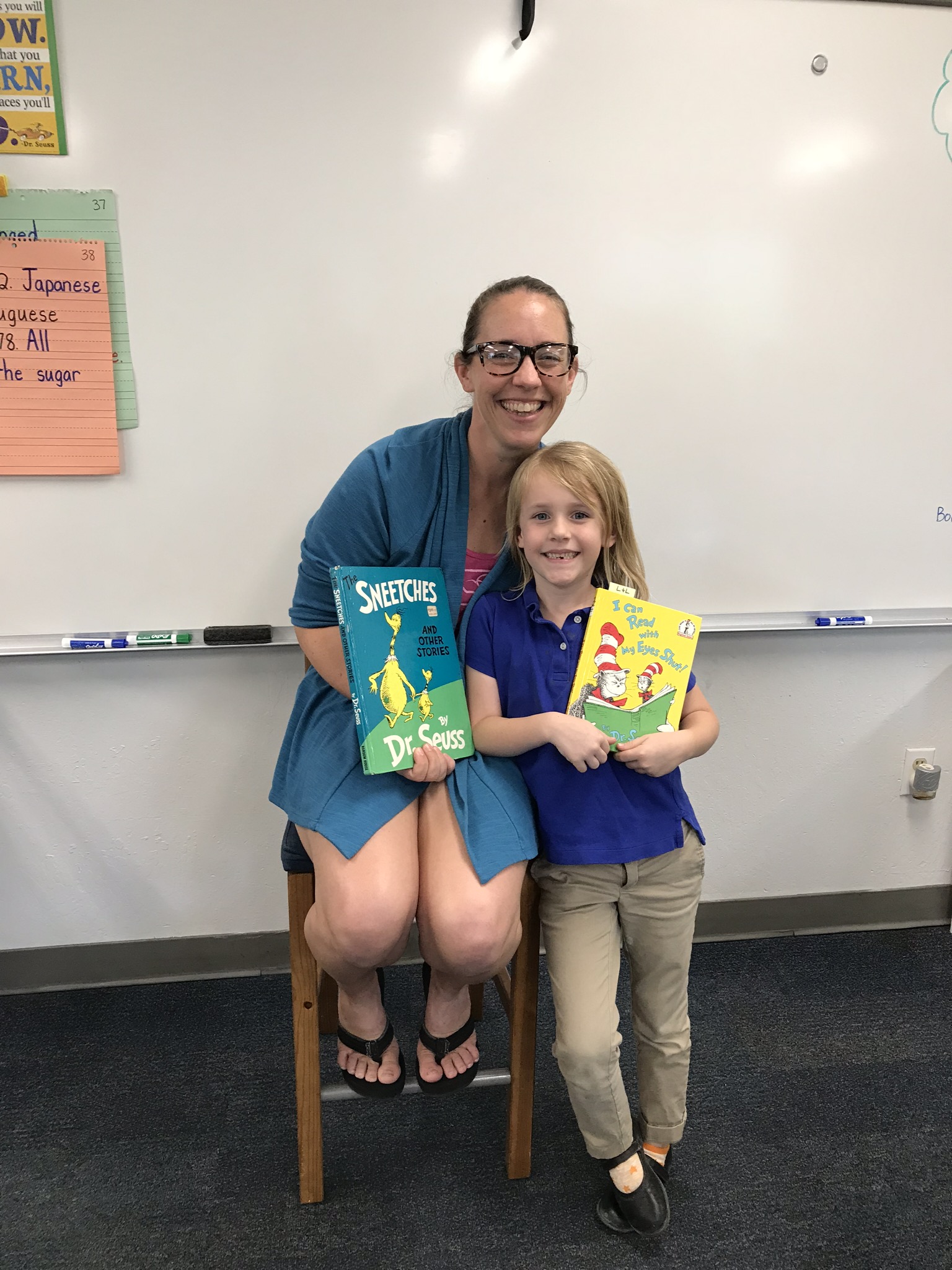 What do we mean by “Classics” and “Christian”?
What do we mean by “Classics” and “Christian”?
By “Christian” we refer to the Person of Jesus Christ as He is faithfully revealed in scripture. By this we refer, concomitantly, to the life and witness of the people of God in history and across the globe; and to the work of the Spirit of God in and through His Church.
By “classical” we refer to the collective wisdom and experience of the human past in general, with a particular focus on those of the West and Hawaii. This includes but is not limited to the histories, and names, and songs, and genealogies, and thoughts, and stories, and scientific discoveries, and skills, and practices, and knowledge, and moral lessons, and failed attempts at glory, and great victories; the living and dying of those people who came before us and gave us the now which we inherit by nature of being alive. We are the inheritors of a world that existed before we did, in the Gospel we are commissioned to be a part of the story God gave it.
Why does this matter for school life?
This may seem strange in an era that is deeply suspicious of words like “tradition” or “authority” and where the prevailing attitude in literature, philosophy, and history studies is purely critical (as opposed to receptive, attentive, grateful).
The problem, however with our culture’s deep resentment of authority and the past, is that it creates a vacuum in which nothing is called true except for inert “fact.” Roger Lundin incisively reveals what happens to a culture in the absence of these greater common authorities: “Instead of appealing to an authority outside of ourselves, we can only seek to marshal our rhetorical abilities to wage the political battles necessary to protect our preferences and to prohibit expressions of preference that threaten or annoy us.”
The observations of Clark and Jain is that “all education takes place in a context of a mythos (story), a logos (reason), and practices. Without a commitment to a tradition that establishes these, education is a drift from its moorings… and technological solutions alone will only protect us for a time.” Rather than balk against the notion of authority beyond the myopic present, we acknowledge, in the words of Michael Polanyi, that “no human mind can function without accepting authority, custom, and tradition: it must rely on them for the mere use of language.”
The classical Christian model of education begins its course by building a “robust and poetic moral education” grounded in the Gospel of Jesus and the wisdom of the classical tradition before moving to analysis or critique. This does not only help us to “get the facts” but enables us to array them within a life-giving framework by which we can work cooperatively, creatively and rationally towards critical thinking and thoughtful exploration. Instead of seeing the witness of history or the authority of the Gospel as foreclosures on human discovery, an ugly “gulf to be bridged,” we celebrate them as “the supportive ground of process in which the present is rooted.”
So far from eschewing the analytical, or “higher order”, categories of student performance, this bedrock, laid in the richness of the human past (“the classical”) under the genius of the Gospel (the Christian), actually produce the kind of vibrant academic community so many educators and families long for.
The Gospel is light, and in that Light, we see the light. Only within the fecundity of a historical witness and the Gospel that offers an authority beyond individual urges does reason truly flourish. As Gustav Mahler said, “Tradition is not the worship of ashes, but the preservation of fire.”
Finding the Difference between Classical Christian Education and the IB Program: Part 3

Part 3: On Excellence
Written by Mark Brians, 7th and 10th Grade Humanities Teacher
This is part three in a series of four, click here for part one, and here for part two. In a previous article, I discussed one of the major convictions which distinguishes the classical Christian model of education from a host of other kinds, namely the International Baccalaureate Programs. Here, I countenance a second major difference in the classical Christian model: our understanding of the nature of educational excellence. Much like the question we asked in the earlier essay concerning the nature of humanity, it might be easy to assume that “we all know what we are talking about, when we use the word excellence”. The truth, however, is that excellence, by its very nature, is a relative term. The qualities that make one an excellent banker are very different from those that make one an excellent bank-robber. The nature of excellence is beholden to the subject it modifies. So then, two schools might both employ the word “excellence” in describing their programs of study (or other similar words, such as “superior” or “robust”) while differing greatly in the nature of the education they provide.
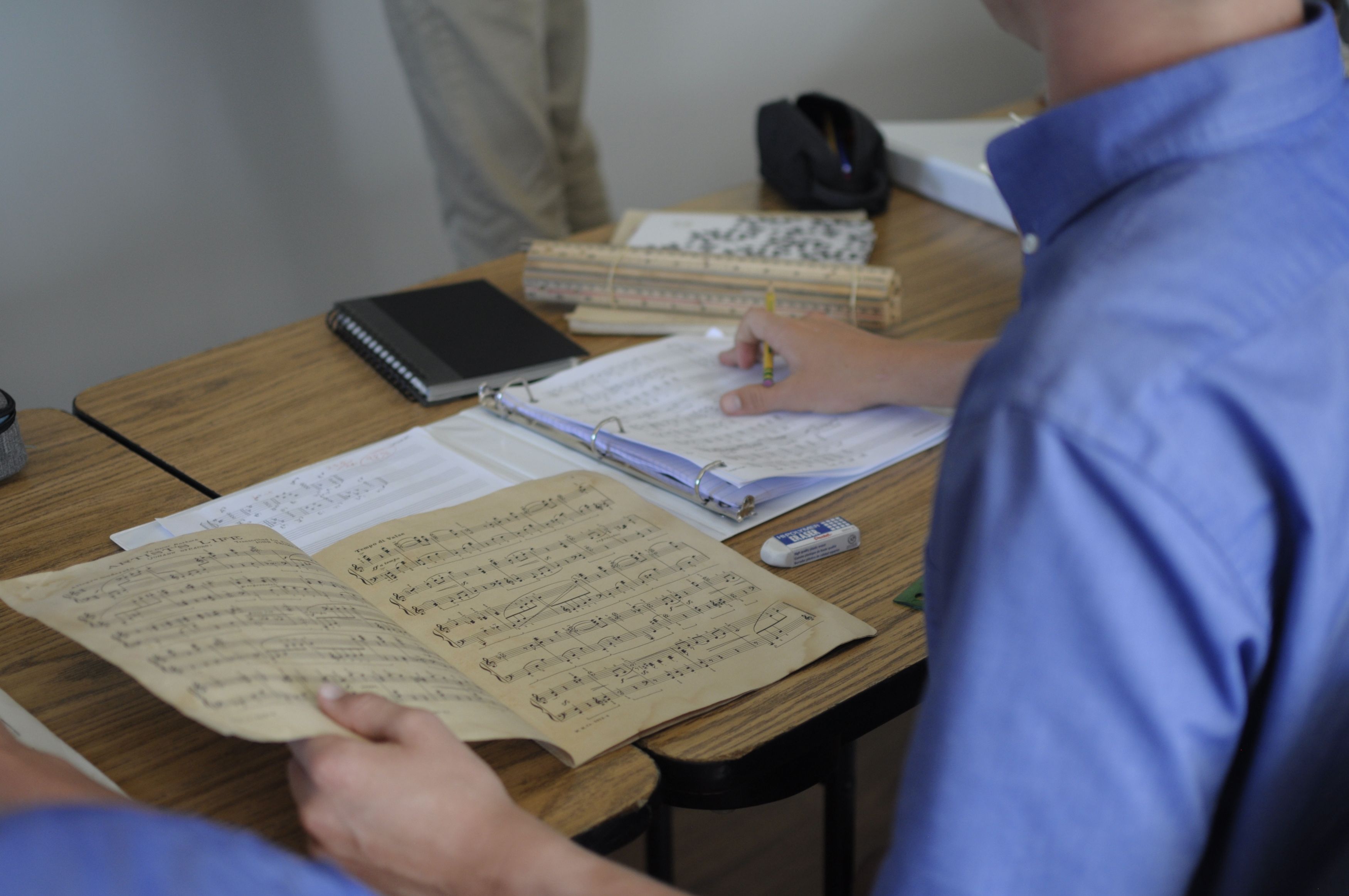 What does excellence look like in the classical Christian Tradition?
What does excellence look like in the classical Christian Tradition?
As discussed in the earlier essays, the classical Christian model is very clear on the kind of education we want to provide: namely, the formation of humans whose loves are ordered to the glory of God and in service of their neighbors; humans whose formation in the liberal arts [1] will prepare them well for a wide array of skills [2] in the project of peace and human flourishing. The idea of educational “excellence” refers uniquely to specific articulations of educational goodness and the concomitant pedagogy respective to each. Thus, our standards of excellence countenance the content, the instructional practices, and the kinds of school culture which best serves this goal. McLuhan’s dictum, as regards to practices, holds weight: the medium is the message.[3] We cannot dislocate the “what” of education from the “how” of doing it. Everything —from content, to student ratios, to faculty and administrative practices, to modes of assessment— is a part of the education. How does this differ in practice from more common forms of education? To demonstrate it might be helpful to examine three (of many) practical examples of the way in which the classical conviction is enfleshed, or lived-out, in practice.
1. Multum non multa
This Latin proverb translates loosely to “much not many”. We place a high value on developing mastery and depth of thought over merely giving students a cursory perusal of many variegated subjects. Let us borrow the language of “uncoverage” pioneered by Grant Wiggins and Jay McTighe to describe this kind of pedagogy.[4] Often we find, when institutions grow focused on “covering” vast amounts of content, they have successfully “covered” (i.e. hidden, veiled, withheld)[5] much of the meaning; creating a vacuous pedagogy of impersonal facts whose meaning is equal only to their extrinsic market utility. The classical Christian model instead dares to suggest that when students learn deeper, they actually learn more. As studies in history and mathematics reveal, it is this kind of deep learning, of conceptual mastery and intellectual wonder, that best teaches for retention and breaks the detrimental pattern of cram-pass-forget.[6] 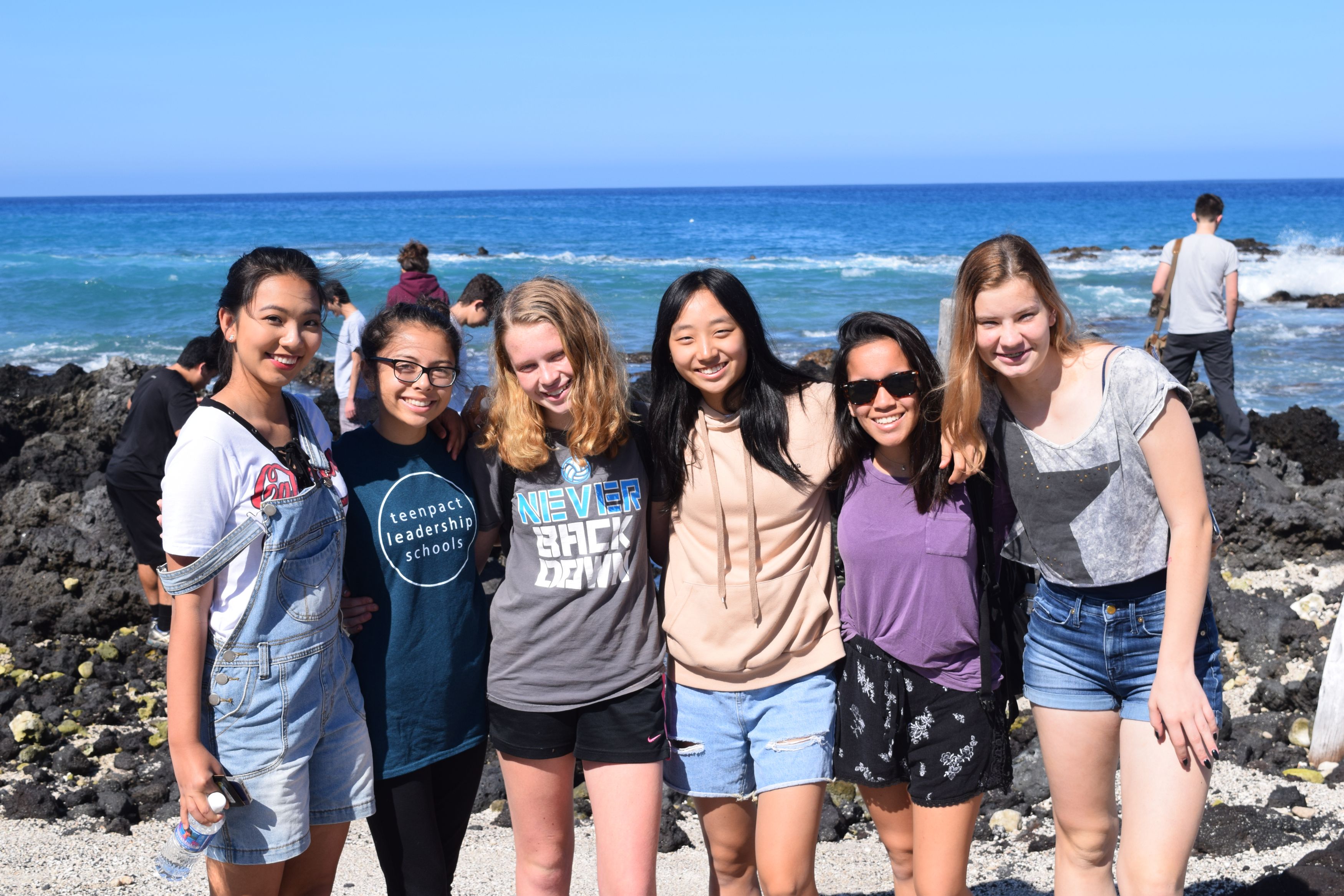
2. Difficult does not necessarily mean Good
It is easy to assume, when faced with the current plight of American education (the apparent lack of “excellence”), especially when compared with that of emerging countries, that if the answer is not “more” then it must be “harder”. If American students, the thinking seems to go, are falling behind, then we must push them farther and harder. And so we pride ourselves when we brag about the “rigor” or “difficulty” of our classes and schools. Often, however, a failing system is symptomatic of a much deeper sickness. Merely running an ailing body harder and faster, whipping “rigor” into it, exhausts an already over-taxed system. The cudgel is no remedy for the sick. This is the danger of making sheer difficulty our measure of excellence. Instead, the classical model takes a holistic approach to the human learner, understanding the place for both rigor and rest in education.
.jpg) 3. Excellence and Mensurability
3. Excellence and Mensurability
At other times, “excellence” can simply refer to scores on standardized tests or college acceptance rates. While we certainly see the real value of such metric assessments of academic vitality, we feel that these by themselves are not adequate to measure the kind of excellence for which we aim. Helpful as they may be, they are understood by educators within the classical tradition as part of a much larger system of measurements by which we evaluate learning outcomes. For if the purpose of our education is the formation of affective creatures along lines of virtue and mutual flourishing —if this is our standard for excellence— then many other things in addition to raw test scores must be taken into account. We must be careful not to limit excellence to mere success on tests which, for all their worth, are unable to give an account of a student’s honesty, or courage, or oratory skills, or poetic genius, or musical skill, or deep retention of content. In all our desire to provide an excellent education for our children, we must be wise about the kind of excellence to which we refer. The promise of sheer “excellence alone” does not guarantee that the education a child receives is one that aims their loves towards a holistic, Gospel-centered, vision of human flourishing.
Endnotes
[1] The classical seven (Music, Geometry, Grammar, Logic, Rhetoric, Arithmetic, Astronomy) crowned by Philosophy and Theology.
[2] In this distinction we follow the historical distinction between “arts” (i.e. ways-of-being-human, ways-of-relating-to-the-world-and-to-others) and “skills” (i.e. the utilization of things, ex. robotics, graphic design, commerce, etc.).
[3] McLuhan, Marshall. 1994. Understanding Media: The Extensions of Man. Cambridge: MIT Press.
[4] Wiggins, G. and Jay McTighe. 2005. Understanding by Design, 2nd Edition. Alexandria: ASCD Press.
[5] See the discussion in Calder, L. 2006. “Uncoverage: Toward a Signature Pedagogy for the History Survey.” The Journal of American History. pp. 1358-1370.
[6] See Mays, J. 2017. “Slaying the Cram-Pass-Forget Dragon.” SCL Summer Conference Presentation. (notes available here
Finding the Difference Between Classical Christian Education and the IB Program: Part 2
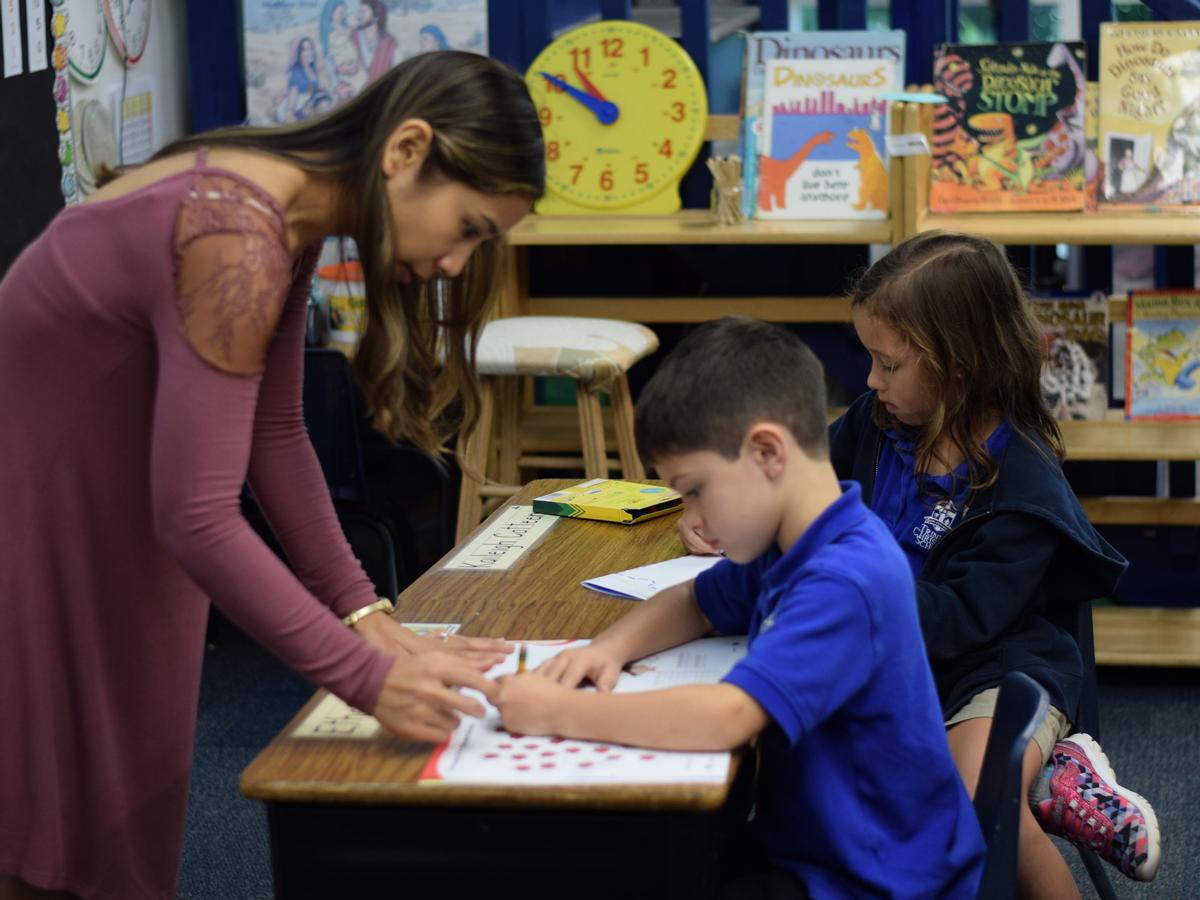
Part 2: On Learning & Love
Written by Mark Brians, 7th & 10th Humanities Teacher
In an earlier piece on the TCS 'Engaging Minds' blog, I discussed the significant differences between the Classical Christian Tradition and the International Baccalaureate Program. In that article I identified three core concepts which form our Classical Christian pedagogy. They are as follows: That humans are primarily affective beings, driven by loves and formed by competing visions of the good life; That “excellence in education” (academic, extracurricular, and moral), at its core, is about the cultivation of deep virtue engendered by rightly ordered loves (or, ordo amoris, as Augustine puts it); and that this cultivation of human excellence must be rooted in the Gospel of Jesus Christ, and draw upon the richness of the human past.
In what follows I address myself to the first of those three concepts I listed above; namely the affective nature of the human person. It should be noted, however, that while each of these concepts carries a kind of uniqueness, they remain deeply interwoven. Much like the Persons of the Trinity, it may be helpful to think of them as distinct-but-not-separate, as mutually sustaining, or (to use a fancy theological phrase) as perichoretic.
What Do We Mean by Affective?
It has been said, and perhaps falsely attributed to Antoine de Saint-Exupery, that if you want to build a boat, you ought not to spend your time lecturing on the importance of maritime traffic, debating tariff and port regulations, nor drumming-up people to cut down wood. That, rather, your time would be best spent instilling in them an incurable yearning for the vastness of the sea. For teaching in them a burning desire for seafaring would do far more to shape their activity and production —would do more to accomplish the goal— than countless hours spent otherwise.
There is no secret here. Countless anecdotes could be given, from our disparate experiences on the playground, of parenting, from our witness of political rallies, or having given board room presentations, all in defense of this truth. Humans are affective, driven primarily by longings and desires for a certain vision of the “good life.”
By no means do we suggest that humans are only affective. Humans perform a host of things that have a hand in shaping and forming us —we think, we reason, we labor, we produce, we play, we celebrate, we communicate, we dream, we joke, we debate, etc. None of these things are being called into question as things that shape human life. What is being suggested, however, is that back behind all of these human functions, on a pre-rational level, is a heart that was shaped by God in His own Image to love and enjoy Him forever.
The Fall of our race in the garden did not alter the fact that we were designed to love, and for the sake of Love Himself, and that we long to experience love. Rather, the Fall bent our loving; so that we neither know what to love nor how to love properly.
Classical Christian education concerns itself foundationally with the tuning of human loves and passions towards a vision of human flourishing marked chiefly by a deep and superabundant peace individually and socially.
Affectivity and Educational Philosophy
Every pedagogy is grounded in a central question: what does it mean to be human? An institution’s answer to that one question will inform every aspect of instruction, from things as central as benchmarks and school culture to things as seemingly auxiliary as room décor.
Our classical pedagogy is therefore rooted in the understanding that humans, while capable of many kinds of activity, are foundationally affective creatures. Kevin Clark and Ravi Jain thus suggest that “before learning can begin there must be an education in love.”
The classical Christian school is not merely a place for children to get “tooled” for the job market (although that is a good thing that happens along the way), it is a network (of parents, and faculty, and administrators, and students, and coaches, etc.) who work in the formation of rightly ordered loves.
Recent Posts
Tag Cloud
5th grade academics administration all school all-school alumni athletics big island blog christian christmas class of 2018 classical classical christian classical christian education classical-christian-education classical-education college commencement community coram deo debate discipline donation drama educatio education educational philosophy electives elementary exhibition faculty fine art golf tournament graduates graduation hawaii hawaiian history head of school IB program kaiulani kupuna day leadership makahiki may day missions music office outreach parentsArchives
Looking for more? Read our Grand Tour blog and Athletics blog!


